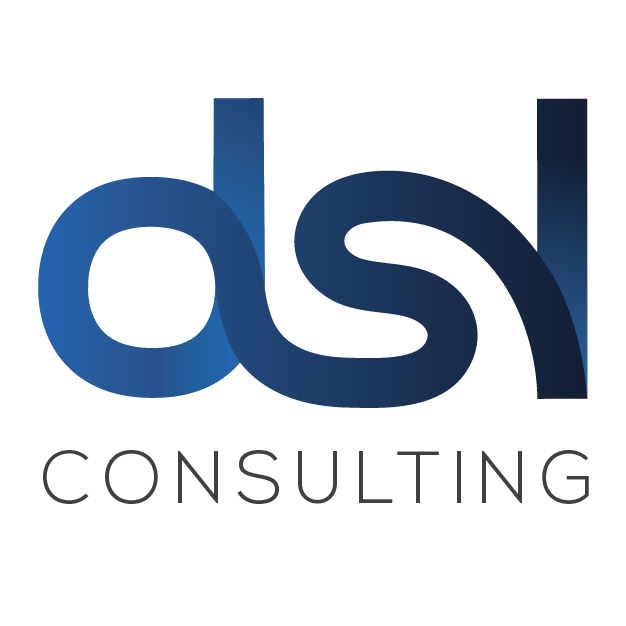In this modern age of technology, the conversation is something that is often underestimated and is still the most powerful way of selling and building that relationship with the customer for repeat business. It doesn’t matter what job you do within the clinic environment – everyone is a potential Salesman.
Coming from a leisure industry background I know how vital salesmanship truly is. In a very competitive industry where you are competing with up to 7 or 8 gyms for a limited pot of potential members, establishing a personal rapport with a customer can often be the only factor which wins you the sale. The very same point is also true in Aesthetics where in some areas of your business you can be competing against beauty salons, spas and aesthetic clinics.
So how will having a conversation help your clinic with sales? Well, the one thing I have learned is that people buy from “people”. These “people” are persons who have the ability to strike a conversation up with someone and are quite happy conversing with that person on a level they feel comfortable with, almost like friends.
I have been lucky enough to be around many sales people in my life but one of the best I have worked with was successful, not because he was the most intelligent (he won’t mind me saying this) or asked all the right questions, but because he was able to easily converse with people on a topic that mattered to them. He didn’t know everything, but he knew enough to talk with the potential customer in order to break down that first barrier and establish a rapport.
Now you’ll probably say that all of our staff talk to our customers, and this is probably true, but a conversation must have the two parts to be successful – talking AND listening.
Listening is a vital part of building a relationship with a person. Many therapists either in a clinic or a salon are good at what they do. What makes a therapist great however, is the ability to listen to what the client is saying. Often when you are speaking to a client and the client feels comfortable with you, they will give you an “in”. What is an “In”? An “In” is your opportunity to reap the rewards of building that relationship.
For example, Joanne has come in to see Jane (the therapist) for a Hair Removal treatment. Joanne has had a great experience with Jane and whilst chatting Joanne mentions that she is a bridesmaid at a wedding and is worried about the appearance of her skin in the photos. Without being aggressive and remaining sensitive to the client’s concerns, you mention other treatments and products that the clinic offer which may resolve her skin complaints. Due to Jane feeling that she has been listened to and valued, she is likely to return and become a high-value, repeat customer.
To cement this personal relationship, when the client returns, remember to reference your previous conversations and in Joanne’s case, ask about the wedding and feedback on the treatment they received. If your Staff follow up in this way, it establishes both a point of difference from competing clinics and trust that there is a personal relationship being built, rather than that of a company simply going after the customer’s hard-earned cash.
How can you do this? By talking to people.
Be interested. Read a newspaper or skim articles from around the internet. Everyone has five minutes to expand their view, gain insight or learn current affairs and this will allow you the range to establish conversation and rapport with clients.
Also, strive to assign a therapist to a customer. Practically this isn’t always achievable, but it will help to build that valuable relationship between therapist and client.
How can you continue to establish rapport? By listening to people.
Actively listen to them. There is nothing worse than talking to someone who isn’t really listening, and trust me; your customers will be able to tell.
Remember that special point of difference about your client so that when they make contact or come back in, you can converse with them about it. If you have a bad memory, we recommend placing a note against their information on your CRM and reviewing for reference.
You may be reading this and thinking I/my therapist already does this. Unfortunately, in many cases, if you asked yourself/your therapist about their clients some would struggle to remember anything from the conversation they have just had. It’s important to be a present, active listener.
Talking and listening are not the be all and end all of Sales- body Language, asking the right questions and complementary techniques all have their parts to play. However, if you don’t establish and maintain that key relationship, it will always be a struggle to gain rapport, foster loyalty and get repeat custom, and this is where your business will make the serious money.
